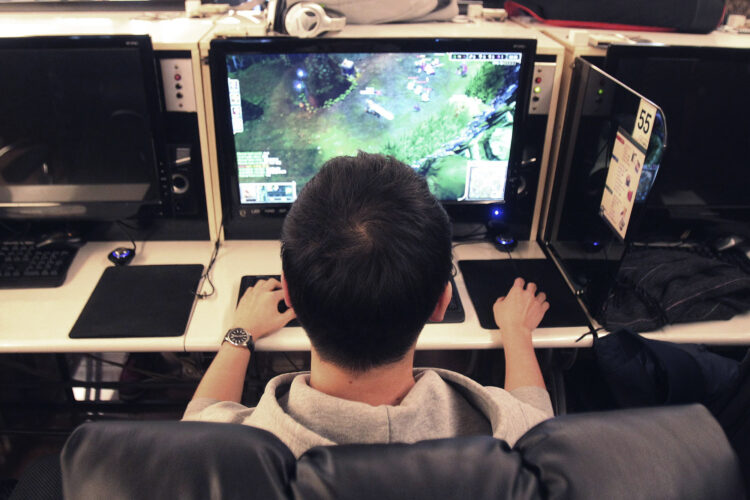There is an “epidemic” happening inside a Thai rehab center taking on video gaming dependencies.
Hidden in a bend of northern Thailand’s Ping River, ‘The Cabin’ is an addiction treatment center which caters to those with substance abuse issues, and now a more modern addiction involving gaming and the internet.
Learn the benefits of becoming a Valuetainment Member and subscribe today!
According to the treatment center’s website: “Millions of people suffer from internet addiction worldwide which is negatively affecting their lives. Without question, the raised profile of social media and other forms of internet usage has increased the numbers of people that have actively undertaken internet addiction treatment.”
Reflecting the offerings of a luxury hotel or wellness center, the facility accommodates hundreds of patients from Western countries, and incorporates group therapy, physical activity, meditation, Muay Thai, massage, and mindfulness.
“Just like any drug you can never get enough,” says Olivia, a 50-year-old British writer who explains the worrying existence of “living to play a game.” In the throes of her compulsion, Olivia’s mental and physical well-being were at a record low as she built up over £30,000 (US$37,500) of debt from game-related purchases.
In many cases, game addiction can result in the loss of jobs, relationships, education, the ability to sleep, and the desire to eat.
The World Health Organization added “internet gaming disorder” to its Classification of Diseases in 2022. Affecting between two and three percent of users, the addiction is defined as a gaming behavior that “takes precedence over other interests and daily activities.”
“This is an epidemic, but reaching people is incredibly difficult,” Olivia says.
Lee Hawker, the center’s clinical director, says the program is critical as gaming addiction rates are rising across the globe, particularly in Asia.
“The gaming industry is bigger than Hollywood and when you look at the money that’s invested in terms of behavioral hooks and the psychology of gaming, I don’t think this isn’t happening by accident,” Hawkes explained.
While electronics rehab is needed in today’s climate, most will be unable to afford it. The Cabin charges roughly $15,000 per month, depending on the chosen program. The same service for an equivalent timeframe at a private facility in the United Kingdom runs up to $25,000.
The rehabilitation, which accommodates only eight gamers at a time, starts with an initial ban on all technology, while implementing cognitive behavioral therapy and outdoor physical activity such as military exercises and triathlon training.
Olivia claims that professional support is essential for anyone who finds themselves in a position of addiction. After successfully completing the program and abstaining from electronic games for 15 months, she cautions, “this is an issue and a big one.”


















Add comment